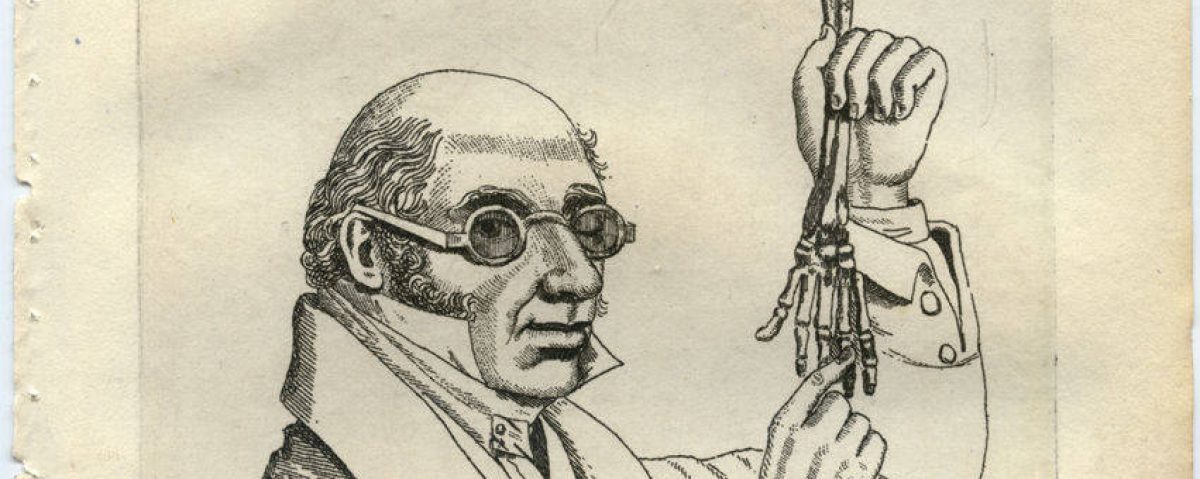Team Members: Grady Leonard
Topic: The campus and the community. We go to town for yogurt (no! have some acai instead) or whatever, but most of us don’t really have a sense of community beyond the campus at WCU. We can do better. We must do better. How should students at WCU, and the institution itself, interact with the community beyond the campus in order to achieve the goals for transformative learning? Identify the problem and then use the work of Percy and Freire to assert (at least) four ways in which WCU could use our non-campus community to support something at the core of the student experience at WCU. Your ideas must be supported by four critical ideas from the work of Percy (and Freire if desired).
Working Thesis: With the wonderful town of West Chester just steps away from the University, it is heinous how uninvolved the students are with the community as a whole. Students need to become more involved in the community by doing things such as participating in community events, volunteering throughout the community, get a job in town, or even have the community have more influence on the University as a whole.
Percy Quotes:
“The tourist who carves his initials in a public place, which is theoretically “his” in the first place, has good reasons for doing so, reasons which the exhibitor and planner know nothing about. He does so because in his role of consumer of an experience (a “recreational experience” to satisfy a “recreational need”) he knows that he is disinherited. He is deprived of his title over being. He knows very well that he is in a very special sort of zone in which his only rights are the rights of a consumer. He moves like a ghost through schoolroom, city streets, trains, parks, movies. He carves his initials as a last desperate measure to escape his ghostly role of consumer. He is saying in effect: I am not a ghost after all; I am a sovereign person. And he establishes title the only way remaining to him, by staking his claim over one square inch of wood or stone.”
“The sonnet is obscured by the symbolic package which is formulated not by the sonnet itself but by the media through which the sonnet is transmitted, the media which the educators believe for some reason to be transparent. The new textbook, the type, the smell of the page, the classroom, the aluminum windows and the winter sky, the personality of
Miss Hawkins—these media which are supposed to transmit the sonnet may only succeed in transmitting themselves.”
